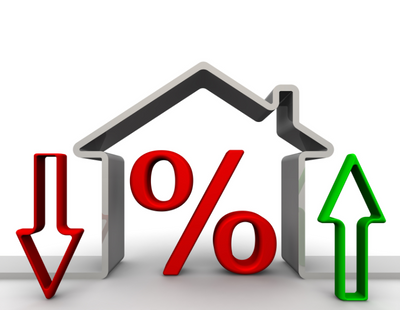
HMRC has recorded the lowest level of UK property sales for the month of June since 2020.
The latest property transaction data from the taxman estimates there were 94,690 home sales during June on a non-seasonally adjusted basis, down 9% annually but up 28% on May 2023.
The provisional seasonally adjusted estimate of the number of UK residential transactions in June 2023 is 85,870, 15% lower than June 2022 and 6% higher than a month before.
This is the lowest level of sales recorded for June since the pandemic in 2020 when there were 63,630 on a seasonally-adjusted basis.
Commenting on the data, Chris Druce, senior research analyst at Knight Frank, said: “Activity within the UK property market has taken a hit due to the cost of borrowing being at its highest since 2008.
“According to our latest sentiment survey, a third of buyers have seen a reduction in their spending power due to the surge in the cost of a mortgage after 13 consecutive interest rate rises by the Bank of England.
“Growing expectations that we may be nearing the peak for interest rates as inflation slows will help to settle buyers’ frayed nerves, but the affordability challenge will remain, and despite this month’s increase in transactions it’s unlikely we’ll see a dramatic turnaround in overall sales volumes this year.”
Druce suggested strong wage growth and high employment, along with forbearance from lenders and the availability of longer fixed-rate mortgage terms, are among the reasons why activity is moderating overall rather than stopping.
He added: “More pain will build in the system as fixed-rate mortgages continue to be renewed at higher rates, with the higher cost of borrowing acting as a drag on the UK property market through the rest of 2023 and into next year. However, we will avoid a cliff-edge moment, and house prices will fall by 10% during the remainder of this year and next.”
Karen Noye, mortgage expert at Quilter, added: “Whilst it's true that June's transactions have seen a month-on-month increase, this is arguably more reflective of the high number of working days in June relative to May, and possibly an uptick in underlying activity.
“However, with increasing mortgage rates, the prospect of further interest rate hikes, and a growing squeeze on affordability, the outlook for the housing market remains uncertain.”
















.png)


.png)




Join the conversation
Be the first to comment (please use the comment box below)
Please login to comment